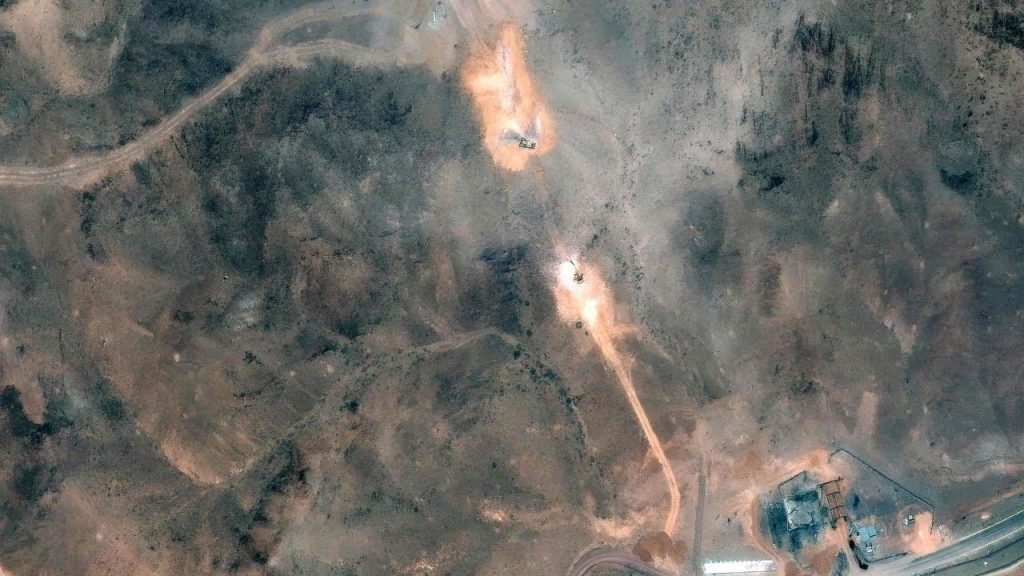World
Tesla Semi’s struggles: Delays, price hikes, an uncertain future

Tesla’s electric Semi truck program is facing continued delays, raising concerns among early customers.
The program, which was first unveiled in 2017, promised production would begin in 2019 according to Diaspora Digital Media (DDM).
However, nearly seven years later, Tesla has yet to enter full-scale production of the Tesla Semi.
In late 2022, Tesla introduced the “production version” of the Semi, delivering a few units to PepsiCo.
Despite this, only a handful of trucks were produced at Tesla’s Nevada facility.
Instead of large-scale production, Tesla ran a small pilot production with limited truck deliveries.
Tesla’s plans for 2025 included ramping up production at a new high-volume facility near Gigafactory Nevada.
The company hoped to produce up to 50,000 trucks annually and start customer deliveries in 2025.
But new reports indicate further delays as Ryder, a key customer, announces setbacks in their deployment plans.
Ryder, which secured funding from the Mobile Source Air Pollution Reduction Review Committee (MSRC), was an early partner.
In a letter to MSRC, Ryder requested an additional 28-month delay due to ongoing production and design issues.
Ryder also cited “dramatic changes to the Tesla product economics,” referring to a significant price increase for the truck.
The logistics company originally planned to deploy 42 Tesla Semi trucks but now intends to scale back to 18.
The revised deployment timeline highlights Tesla’s struggles with meeting production targets and cost expectations.
Ryder’s revised commitment further underscores the impact of the price increase on the feasibility of the project.
The original price for the Tesla Semi was set at $150,000 for the 300-mile range model.
The 500-mile version was priced at $180,000, and the Founder’s Series was offered for $200,000.
However, these initial price points are now being questioned amid production delays and rising costs.
New estimates suggest the cost of the Tesla Semi could climb to $350,000 to $400,000 for the 500-mile model.
The price surge casts doubt on whether the Semi will remain competitive in the trucking industry.
Class 8 diesel trucks in the U.S. are typically priced between $150,000 and $220,000.
With the Tesla Semi now priced at over $400,000, it may lose its edge as a cost-effective alternative.
Ryder’s commitment to the project, which initially accounted for $7.5 million, will now only cover 18 trucks.
At the new price, this would result in a per-unit cost of approximately $415,000 per truck.
Ryder also plans to install additional Tesla Megachargers at its facilities, which may further inflate project costs.
MSRC confirmed that the project’s scope will be reduced, but the agency will not provide additional funding.
Tesla has not yet confirmed the new pricing details, but they are expected to be higher than originally stated.
While the Tesla Semi could still offer impressive performance, the cost now limits its potential to revolutionize the industry.
For the Tesla Semi to make a significant impact, it needs to be priced closer to $250,000 to $300,000.
With higher-volume production, this pricing may still be possible, but challenges remain for Tesla’s manufacturing process.
Despite the obstacles, the Tesla Semi continues to be one of the most anticipated electric vehicles on the market.
However, whether Tesla can meet its production goals and deliver a competitively priced product remains uncertain.
Kindly share!!
For Diaspora Digital Media Updates click on Whatsapp, or Telegram. For eyewitness accounts/ reports/ articles, write to: citizenreports@diasporadigitalmedia.com. Follow us on X (Fomerly Twitter) or Facebook












